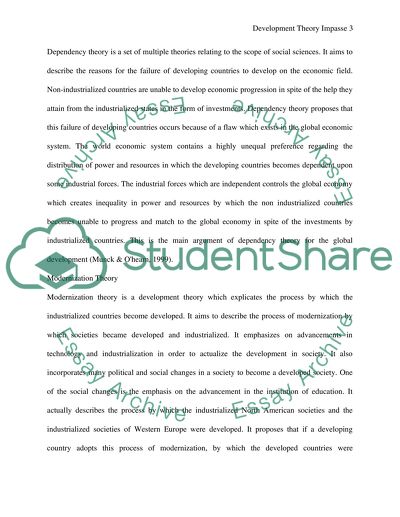Cite this document
(“Development Theory and Impasse Essay Example | Topics and Well Written Essays - 2500 words”, n.d.)
Retrieved from https://studentshare.org/history/1481611-what-is-was-the-development-impasse-and-why-did-it
Retrieved from https://studentshare.org/history/1481611-what-is-was-the-development-impasse-and-why-did-it
(Development Theory and Impasse Essay Example | Topics and Well Written Essays - 2500 Words)
https://studentshare.org/history/1481611-what-is-was-the-development-impasse-and-why-did-it.
https://studentshare.org/history/1481611-what-is-was-the-development-impasse-and-why-did-it.
“Development Theory and Impasse Essay Example | Topics and Well Written Essays - 2500 Words”, n.d. https://studentshare.org/history/1481611-what-is-was-the-development-impasse-and-why-did-it.


